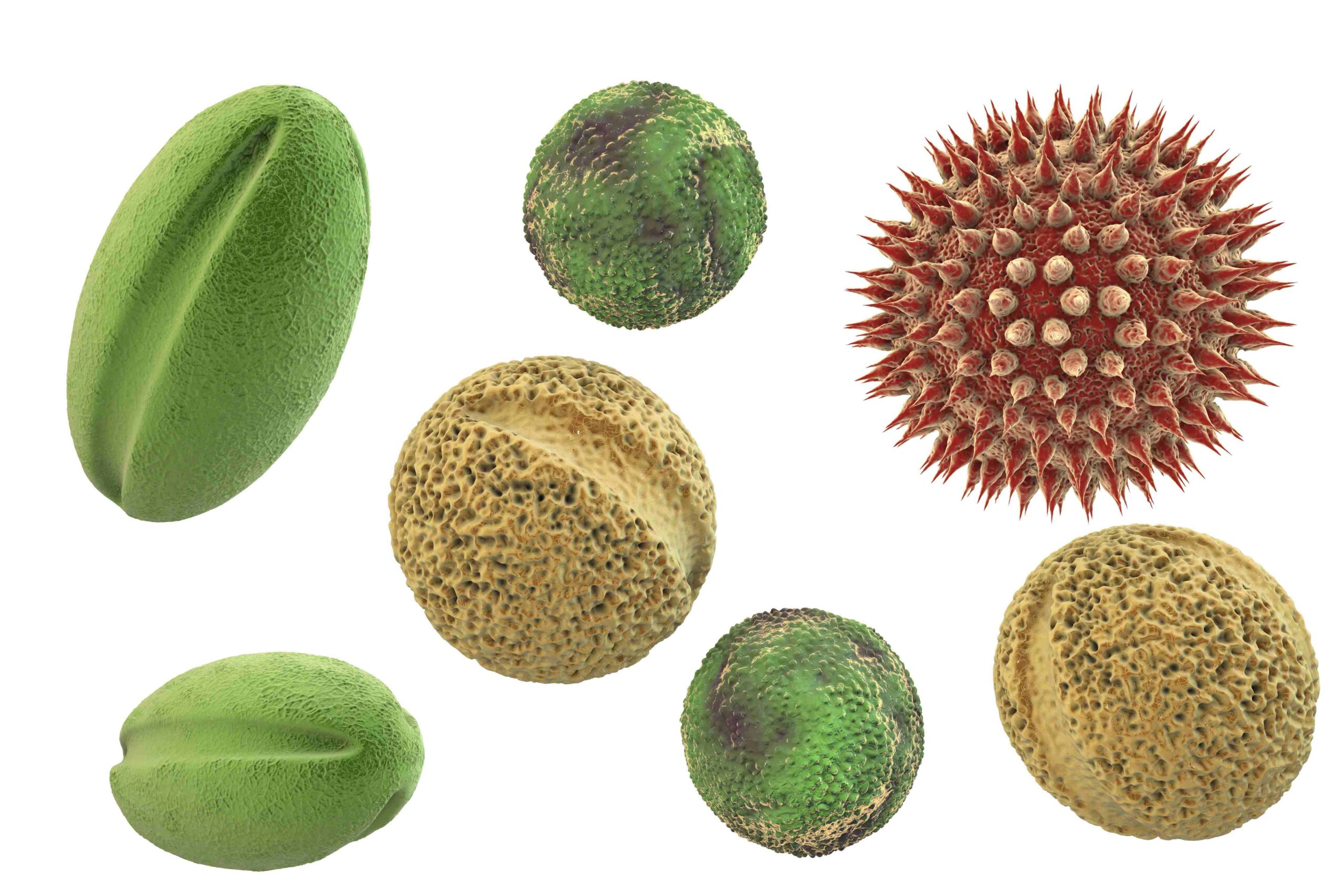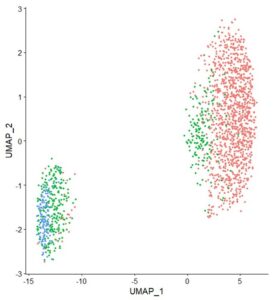22 February 2024
Studying nuclei of individual pollen grains is feasible now
Collaboration of Takara Bio and KeyGene on single nucleus analysis generated new insights

A collaboration between Takara Bio and KeyGene has made it possible to successfully carry out single-nucleus RNA sequencing (snRNA-seq) in pollen. Thanks to the collaboration, Takara Bio’s powerful transcriptomics technology could be combined with the power of KeyGene’s nuclei isolation procedure and expertise in pollen-specific gene expression.
For KeyGene, being a research company developing and applying innovative technologies for crop improvement, individual pollen grains are an exciting cell type to study. Takara Bio is well known for its technology and kits for DNA and RNA sequencing of single cells in medical research. KeyGene and Takara Bio explored the possibilities for single-nucleus RNA sequencing together.
Pollen grains of various plant species contain two types of nuclei: generative and vegetative. The generative nuclei serve to fertilize egg cells, to form the next generation of plants. Vegetative nuclei are involved in the growth of the pollen tubes, which grow from the flower stigma towards the egg cells, and in the transport of the generative nuclei from the stigma to the egg cells. The generative cell’s DNA will be combined with the egg cell’s DNA during fertilization.
Combination of expertise
KeyGene scientists supplied Takara Bio with suspensions with pollen nuclei, which were prepared using KeyGene’s advanced technology for nuclei extraction. Takara Bio researchers ran their single-cell RNA sequencing technology using these suspensions as input. For the interpretation of the data, Takara Bio specialists also used KeyGene’s knowledge about gene expression in pollen. Based on the expression of thousands of ‘pollen genes’, two groups of nuclei could be distinguished, assumably reflecting the active transcriptomes of the vegetative and generative nuclei.
New insights
A single nucleus expression analysis was run for four well-characterized genes involved in pollen tube growth, which were expected to be active in the vegetative nucleus only. The high-quality results revealed the presence of the corresponding messenger RNAs in both nuclei types. The genes are thus expressed in generative and vegetative nuclei, which gives new insights into the spatial expression of pollen genes.
Read and explore more
- The results of the collaboration between Takara Bio and KeyGene were published in more detail in a blog on the website of Takara Bio
- This research is an example of our technology development that is aiming at revealing and understanding genetic variation, in the field of DNA & RNA technology innovation
